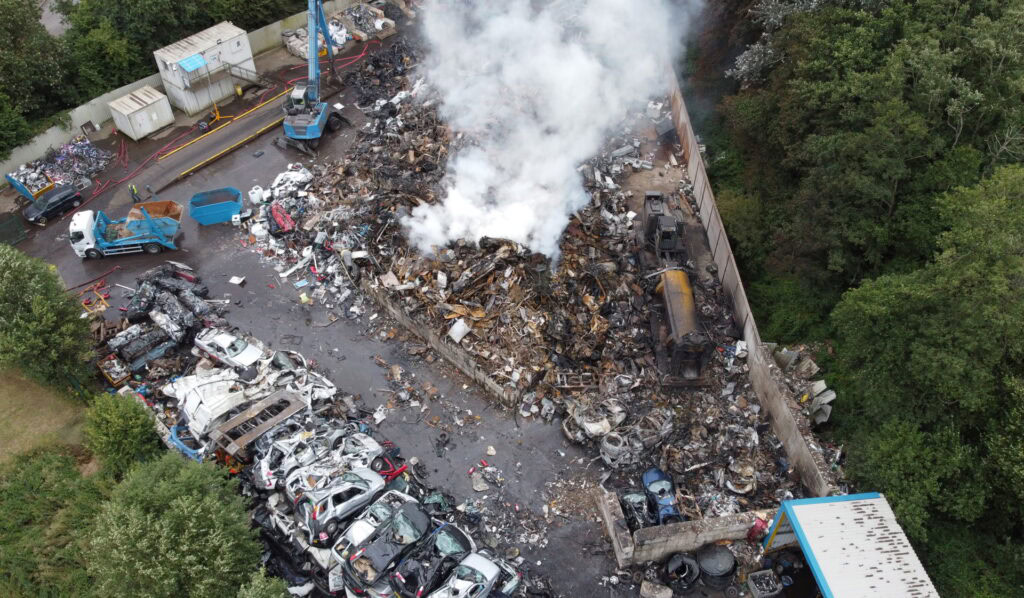The 1991 Directive aimed to reduce the amount of mercury and other heavy metals in batteries and intended to encourage battery recycling. However, the Directive had a limited scope and is being revised to include collection and recycling targets for batteries.
The first draft of the revised Battery Directive is expected to be published this month. It had been expected that the revision of the Directive would require a ban on nickel cadmium batteries, but following an Enhanced Impact Assessment (EIA), such a ban was not found to be justified.
Commenting on the revision to the Directive, the chair of the European Parliament's environment committee, Dr Caroline Jackson MEP, said: “The EIA has apparently shown no justification for a ban on nickel cadmium batteries as originally proposed by the Commission. Without an EIA I have no doubt that a nickel cadmium battery ban would have gone into the directive and would no doubt have been endorsed by MEPs, who wield the precautionary principle with great enthusiasm.”
The revision to the Battery Directive is one of the first EIAs to be carried out on forthcoming European legislation, looking into the costs and benefits of new legislation. The new assessment process is a reaction to the lack of cost appraisals of before existing environment laws were adopted, such as the WEEE Directive.
Enlargement
Next year a further ten countries, mainly in Eastern Europe, are set to join the existing 15 member states as part of the Union. Dr Jackson said that this will inevitably slow down the passing of laws.
Dr Jackson warned that adoption of the new Directive is likely to be much slower than previous environmental legislation such as the Landfill, ELV and WEEE Directives. But because the Battery Directive is being used to trial the EIA process, some industry experts hope it will not be delayed, as this could reflect badly on the new procedure. The earliest the directive will be implemented in EU member states is thought to be January 2006.
Dr Jackson explained that next year will also bring the elections in the European Parliament, when legislation, like the Battery Directive, will be sidelined during campaigns. She said: “In June we have the next elections to the European Parliament. That will mean that any legislation in the pipeline now – for example, the first reading the Battery Directive, will fall between two stools: the first reading will be in this Parliament, the second in the next one – and we cannot tell whether those elected in June 2004 will demand to be re-consulted from square one, as has happened in the past.”
Once the draft legislation has been published (expected to be in October 2003), it will to go to consultation with other directorates within the Commission before being sent to member states for comment. This process will take about a year, and once the Directive is in place, member states will have 18 months to implement it into domestic law.








Subscribe for free